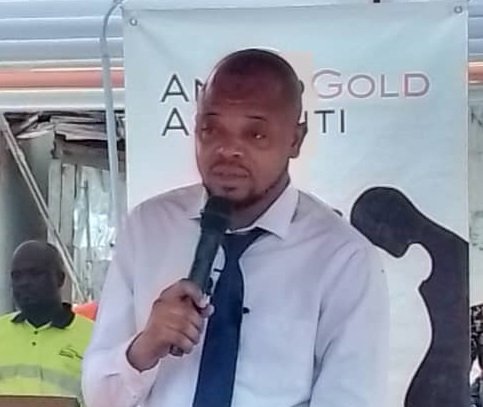News
Rise in kidney cases in Ashanti Region

A staggering 13.5 per cent of the population in the Ashanti region is affected by chronic kidney disease, according to Dr Suleiman Suabil, a Physician Specialist at Obuasi AngloGold Hospital.
Speaking at the World Kidney Day event organised by AngloGold Ashanti, Obuasi mine, Dr Suabil revealed that about 17.6 per cent of patients require dialysis in the Ashanti region.
“Globally, 10-14 per cent of the population is affected by kidney disease, with 14 per cent in Sub-Saharan Africa and 13.5 per cent in Ghana,” Dr Suabil disclosed.
He noted that kidney disease was a silent killer, with many people unaware of their kidney status until it’s too late. “Most people admitted to medical wards have chronic kidney disease, but only one out of 10 people are aware of their kidney status.”
Dr Suabil identified diabetes, hypertension, unhealthy lifestyle choices, excessive alcohol consumption, smoking, unhealthy diet, abuse of herbal medication, lack of exercise, and excessive weight gain as major causes of chronic kidney disease.
The World Kidney Day event, held at Obuasi-Anyinam in the Ashanti region, included free health screening and education sessions on kidney health.
Mr Emmanuel Masseh, representing Edmund Oduro Agyei, AGA-Obuasi Mine Community Relations Manager, emphasised the importance of preventive healthcare measures.
“Through our outreach programmes, we aim to bring quality healthcare to the doorsteps of our communities,” Mr Masseh said.
“Events like this mini clinic empower the public with knowledge to protect their health and seek medical assistance when needed,” he added
The event was supported by partners including Nananom, Anyinam Community, AGA Health Foundation, Otumfuo Health Foundation, Ghana Health Services, and Quantum.
As Ghana grapples with the alarming rise in kidney disease cases, events like World Kidney Day serve as a reminder of the importance of prioritising kidney health and promoting preventive healthcare measures.
From Kingsley E. Hope, Obuasi